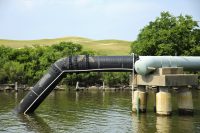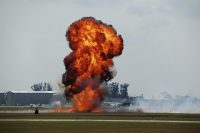Employer Beware: Don’t Fall for False OSHA Inspectors
Shortly after the 2010 Deepwater Horizon oil spill, a woman named Connie Knight began making the rounds of the Southeast Asian fishing communities in coastal Louisiana. She claimed to be a high-ranking OSHA hazardous waste safety instructor and inspector, and she showed off federal identification cards to prove it. She promised trainees that she could […]










